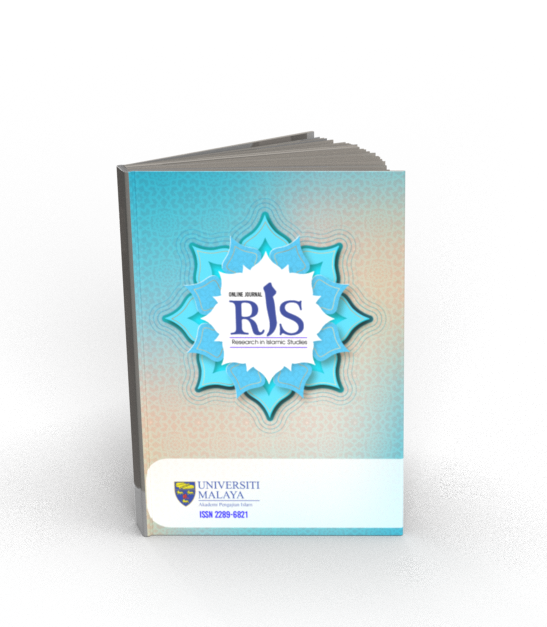Main Article Content
Abstract
Abstract
This study aims to presentthe biography and the careerof one of the scholars of the Islamic nation, who rose to prominence during the 11thHijri century. EL Imam, EL Faqih, the linguist and the speaker YAHIA ELSHAOUI ELJAZAIRI ( 1030 H 1096 H ). We stand on his sheikhs and disciples, on his travels, degrees and implications.This study will also attempt to reveal his methodology in inferring the doctrine related issues either with acceptance or rejection through his book that he wrote on the explanation of OUM ELBRAHIN of EL Imam EL SENOUSSI may god have mercy upon him. He, may God have mercy on him, showed a strong memory, an amazing faculty, and a well-trained narration and knowledge in dealing with the two revelations, not to mention the good spelling of the phrase, and the precise employment of grammar, logic, and origins, this was evident in the ways he dealt and explained the phrase of Imam EL SENOUSSI, may God have mercy on him.His explanation ranged between commenting, alerting, deep searching, deriving benefits and the unique, and making good use of what scholars say without intolerance, imitation, or amputation of context all that were with a great politeness and good will. His methods for presenting this book have varied according to what the situation requires, sometimes he depends on direct indoctrination, and sometimes he intends to provoke and implement the mind in question and answer, and sometimes he resorts to illustration, according to the principle of gradual indoctrination of young people.
Keywords
Article Details
Copyright (c) 2023 Online Journal of Research in Islamic Studies

This work is licensed under a Creative Commons Attribution-NonCommercial-ShareAlike 4.0 International License.
Copyright Notice
By submitting manuscripts to the Online Journal of Research in Islamic Studies (RIS), authors agree to transfer copyright to the journal. However, authors may republish their work or grant others permission to republish it; in which case it should be accompanied by a proper acknowledgment that the work was originally published in the Online Journal of Research in Islamic Studies (RIS). The journal adopt CC-BY-NC licence which authors may also share and distribute their article anywhere of non-commercial website, social media and repositories immediately on publication.
Authors may also reuse the Abstract and Citation information (e.g. Title, Author name, Publication dates) of their article anywhere at any time including social media such as Facebook, blogs and Twitter, providing that where possible a link is included back to the article on the journal site.
